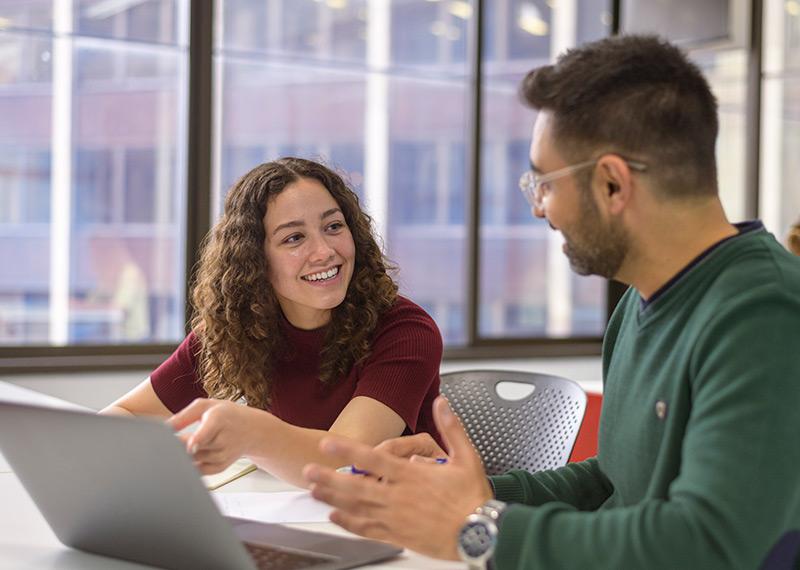
Unleashing Potential: Exploring Innovative Approaches to Student Support and Development
In today’s rapidly evolving education landscape, supporting and nurturing students’ growth goes beyond traditional academic achievements. Innovative approaches to student support and development have emerged as powerful tools for unlocking students’ true potential and preparing them for the challenges of the future.
1. Understanding Student Support and Development:
Student support and development encompass a comprehensive approach to education, focusing not only on academic success but also on students’ holistic growth. This includes nurturing their emotional, social, and personal development.
2. The Changing Education Landscape:
The education system is transforming to accommodate diverse learning styles and individual needs. This shift is driven by the demand for adaptable education that meets the requirements of a rapidly changing world.
3. Innovative Approaches to Student Support:
3.1 Personalized Learning:
- Personalized learning tailors education to individual students, allowing them to progress at their own pace. Adaptive platforms like Khan Academy and Coursera provide customized learning experiences.
3.2 Technology Integration:
- Integrating technology into education enhances engagement and collaboration. Virtual classrooms, interactive simulations, and online discussion forums enrich the learning process.
3.3 Mental Health and Well-being Programs:
- Acknowledging the importance of mental well-being, institutions are implementing programs like mindfulness workshops and counseling services to support students’ emotional health.
3.4 Career Counseling and Skill Development:
- Career counseling helps students explore their passions and align them with future career paths. Skill development initiatives teach critical skills such as communication, problem-solving, and adaptability.
4. Collaborative Learning Communities:
Collaborative learning environments foster teamwork, communication, and critical thinking. Group projects, peer assessments, and cooperative learning methods prepare students for collaborative work settings.
5. Real-World Experiences and Internships:
Incorporating real-world experiences into education bridges the gap between theory and practice. Internships, externships, and industry partnerships provide students with practical insights and networking opportunities.
6. Inclusivity and Diversity Initiatives:
Creating an inclusive and diverse learning environment ensures that all students have equal access to education. Initiatives like scholarships for underrepresented groups and cultural awareness programs promote equity.
7. Case Studies:
- [Case 1] XYZ University’s personalized learning platform increased student engagement by 40%, leading to higher retention rates.
- [Case 2] ABC College’s mental health workshops resulted in a noticeable improvement in students’ emotional well-being and academic performance.
8. Challenges and Considerations:
Implementing innovative approaches may face challenges like technological barriers, resistance to change, and limited resources. Strategies such as comprehensive training and clear communication can address these hurdles.
9. The Future of Student Support and Development:
The future holds exciting possibilities, with AI-driven personalized learning, virtual reality classrooms, and continued emphasis on mental health and well-being.
Takeaway
Innovative approaches to student support and development are reshaping education by focusing on personalized learning, technology integration, mental well-being, and practical experiences. These approaches equip students with the skills and mindset needed for a successful and fulfilling future.
